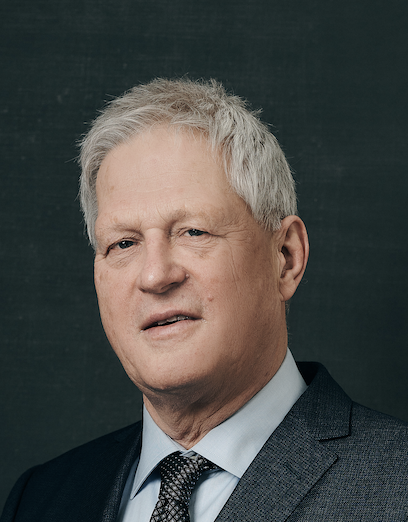November 25, 2024
Meet Joost Bierens, chair of the scientific committee ISMH17
Could you tell us about your background and experience in maritime health?
Although my primary expertise is not in maritime health, life brought me often in contact with maritime and maritime health issues. I am an anaesthesiologist and a former university professor in Amsterdam and later in Brussels, specializing in emergency and disaster medicine. Several of my students have conducted research related to maritime health, and I’ve served as their supervisor or as a member of their examination panels. I also have a longstanding interest in drowning which made me well-acquainted with the aquatic environment in general. Throughout my career, I have been involved with shipping, fishing, and cruising industries and have spent time on board various types of vessels.
Additionally, I have been a board member of the Radio Medical Service of the Royal Netherlands Sea Rescue Institution, which also allowed me to understand the issues of maritime health problems. Finally, I am a longtime member of IMHA – the International Maritime Health Association that awards the ISMH symposia.
Altogether, I felt to have a fair enough understanding of the maritime context when I was invited to take this role to support the congress organisation,
What motivated you to take on the role of chairman of the scientific committee for this symposium?
For my role as Chairman of the Scientific Committee, I believe my background as an academic researcher is particularly relevant. I have also had the privilege of hosting and co-organizing several international conferences. Chairing the scientific committee of ISMH17 is a unique opportunity for me, as it brings together my passions for maritime matters, healthcare, and scientific research.
In your opinion, what are the most pressing issues or exciting developments in maritime health today?
I do not have a complete overview of the current “hot topics,” but I believe that key issues are shaped by the times we live in. Some of the major challenges include climate change, and sustainability. Global warming is leading to rising temperatures of the oceans, which affects the weather, working conditions and the overall health of seafarers. There is physical health and mental health. There is a myriad of factors that we need to deal with to bring all the crewmembers back home safely.
Why is it important for maritime health professionals to contribute their research and knowledge to this symposium?
From my perspective, research is an essential aspect of professionalism. It is about putting your opinions or experiences into an evidence-based context. Presenting your findings, whether in a poster or oral presentation, offers the opportunity to receive feedback and engage in discussions with others who share your interests, which ultimately improves the quality of your research and how you operate. This process work best when you also plan to publish your work.
What criteria will the scientific committee use to evaluate the abstracts? Can you explain the process for submitting an abstract (deadline, format, etc.)?
Abstracts should be structured as follows: introduction, methods, results, discussion, conclusion, and include visual elements. A template is available on our website https://ismh.org/abstracts . The word limit is 500 words
In principle, we aim to accept all abstracts, whether for poster or oral presentations. We are especially interested in topics that are relevant to maritime health and that lead to practical, applicable conclusions.
If you are unsure about submitting, remember that presenting is just one step in the research process. Your work does not need to be fully complete to contribute meaningfully. You are welcome to reach out to the Scientific Committee for guidance beforehand.
How does submitting an abstract benefit professionals in maritime health, both in terms of their careers and the wider field of maritime healthcare?
I am always excited by individuals who are curious and seek answers to the questions they pose themselves. People who are committed to the quality of their work and that of their organizations are also highly inspiring.
I expect many abstracts will focus on practical, real-world issues in maritime health, but it would be wonderful to see some that tackle specific research questions with high-quality design. Ultimately, maritime health is a critical field that deserves serious attention. Demonstrating the evidence-based nature of maritime health is just as important as in any other sector of healthcare.
